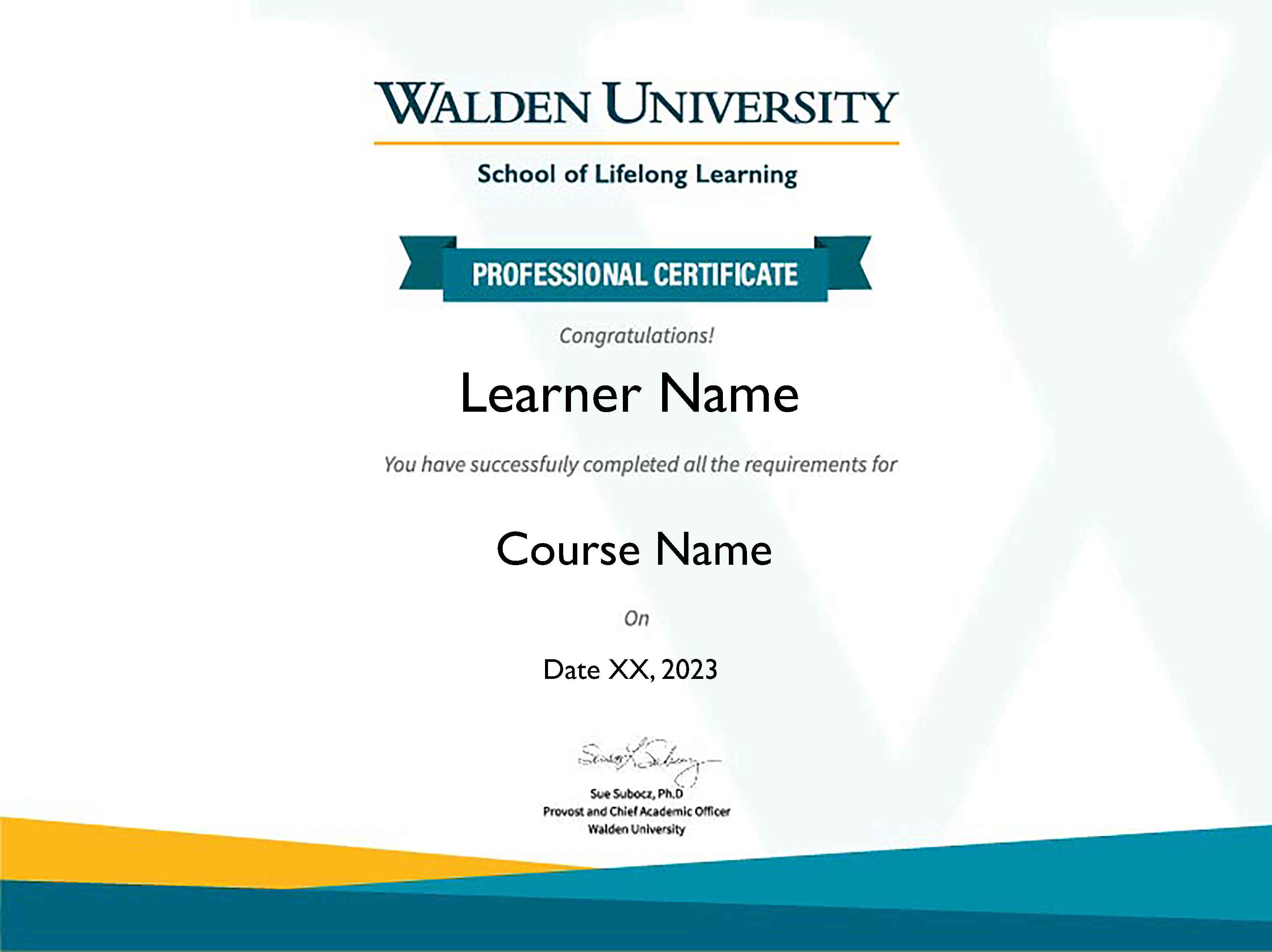Description
This online certificate program introduces non-financial managers to the essentials of finance. The courses will help you become conversant in critical financial terminology, and you'll learn how to calculate key financial management indicators. You will learn how to assess your organization's financial health by reviewing balance sheets, income statements, and statements of cash flow, and you will discover how finance and accounting tools can be used to support informed decision making within organizations.
Continuing Education Units and Credits
IACET CEUs: 1.9 | HRCI Credits: 19 | PMI PDUs: 19 | SHRM PDCs: 19
Upon successful completion, learners can download MindEdge continuing education certificates from the classroom. Learners must achieve an average test score of at least 70% to meet the minimum successful completion requirement and qualify to receive IACET CEUs. Learners will have three attempts at all graded assessments.






